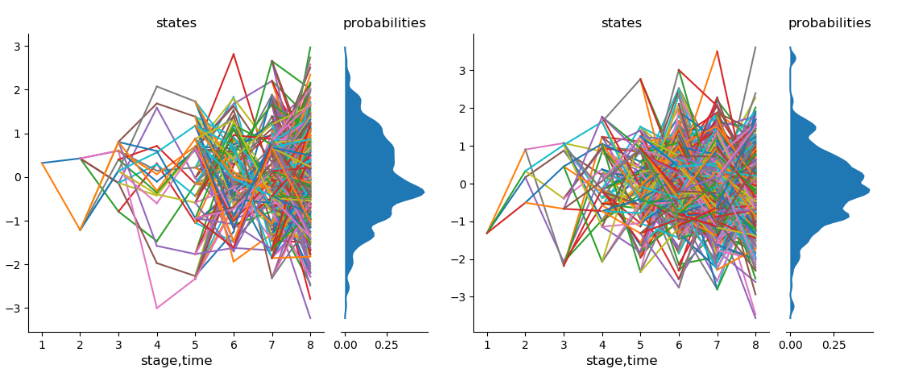Currently, I am a postdoc at the Department of Computer Science at the University of Pisa, in Italy, under the supervision of Antonio Frangioni. Mon CV en français est disponible.
Prior to that, I held postdoctoral positions at the FGV EMAp in Brazil and at Ecole des Ponts.
I was a PhD student in optimization from September 2017 to December 2020 at the CERMICS, École des Ponts and the CMAP, École Polytechnique under the supervision of Jean-Philippe Chancelier and Marianne Akian.
I graduated in Mathematics from Paris-Saclay University, formely known as Paris-Sud University (Orsay).
Last update: September 2025.



